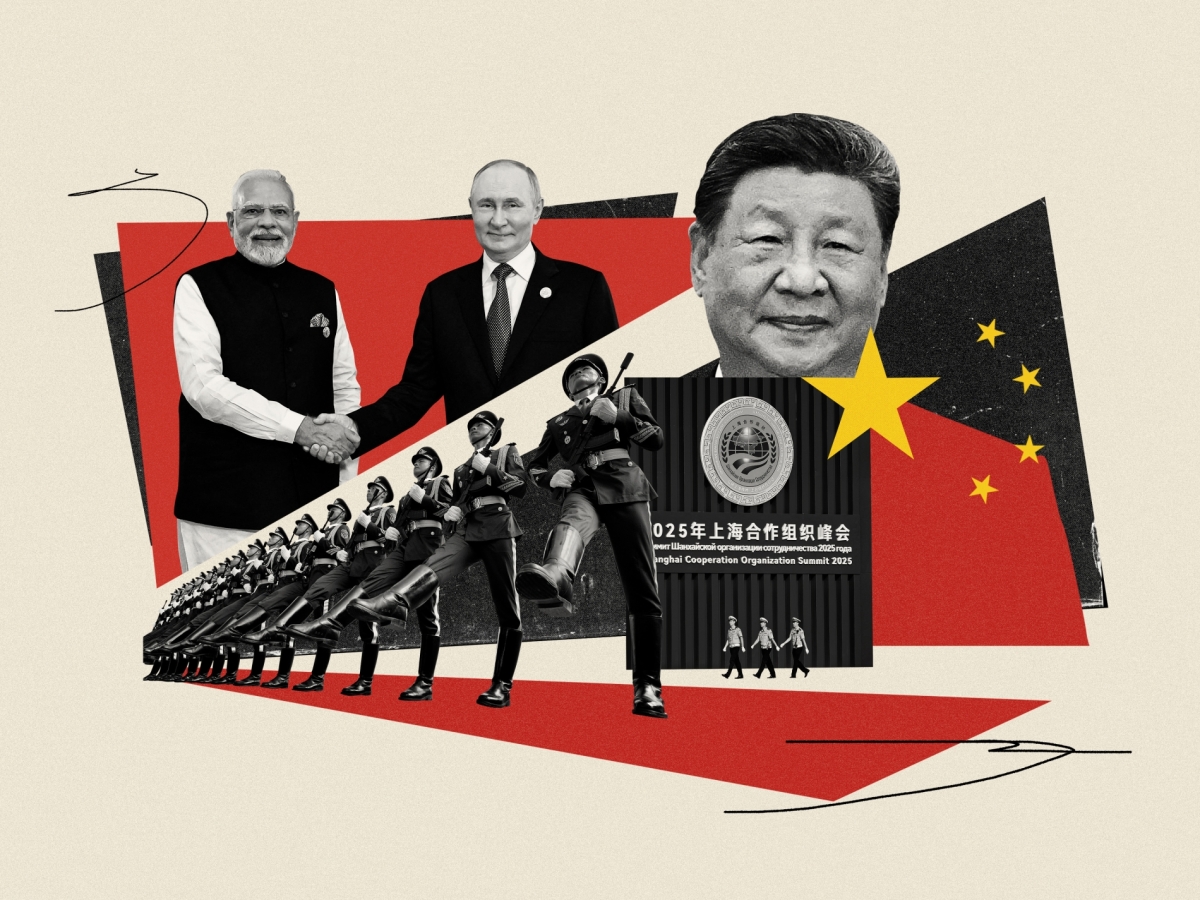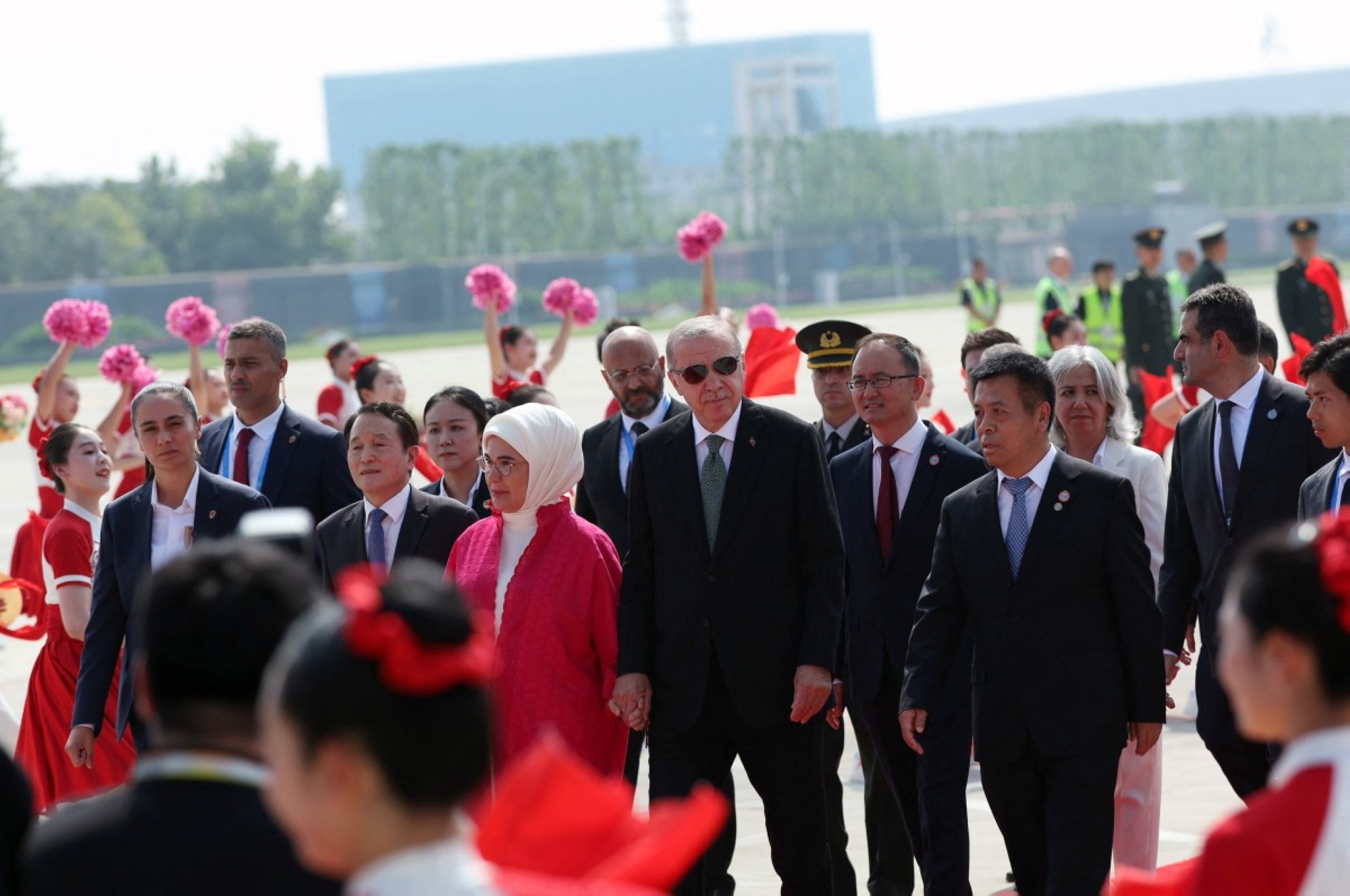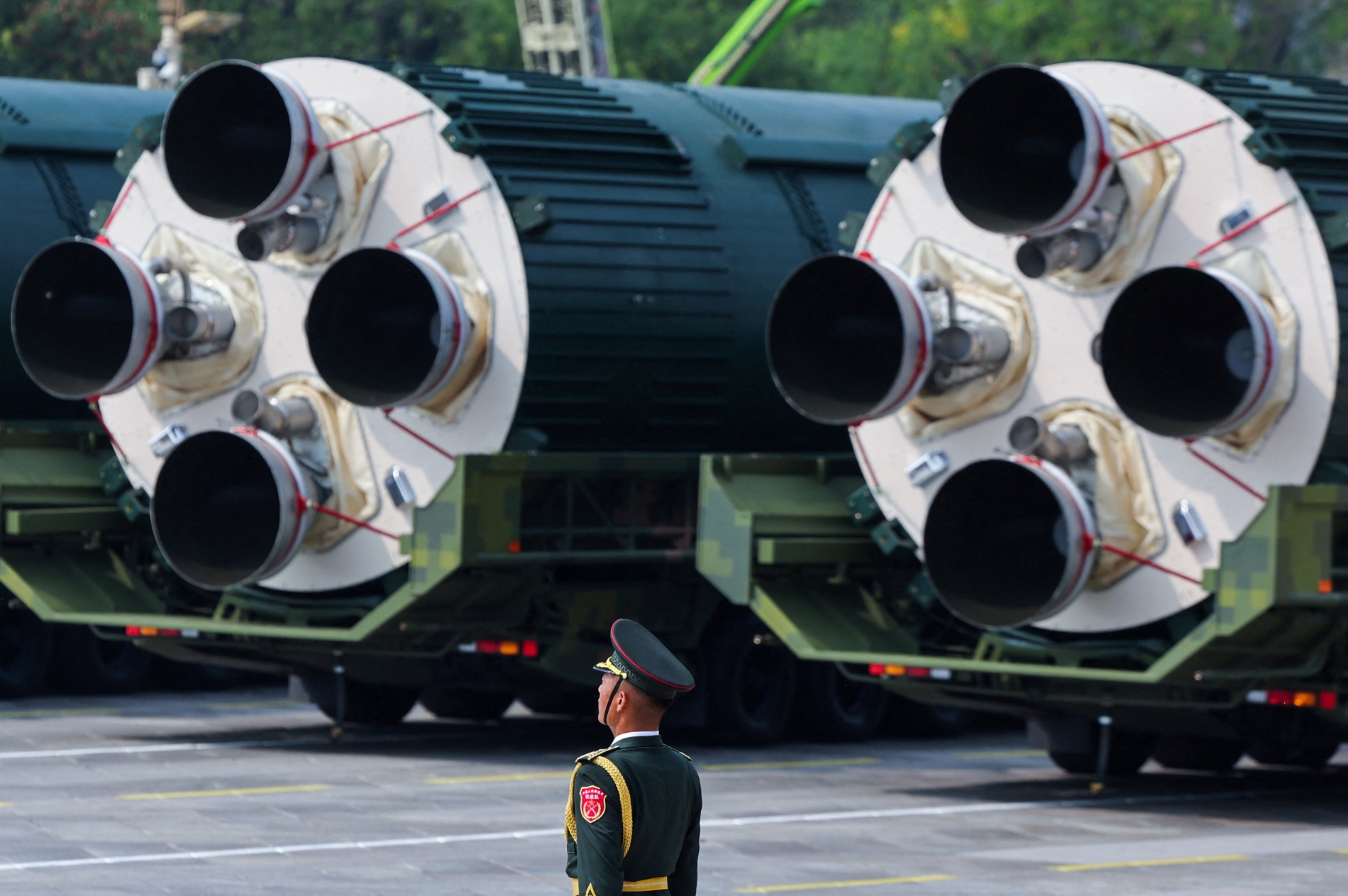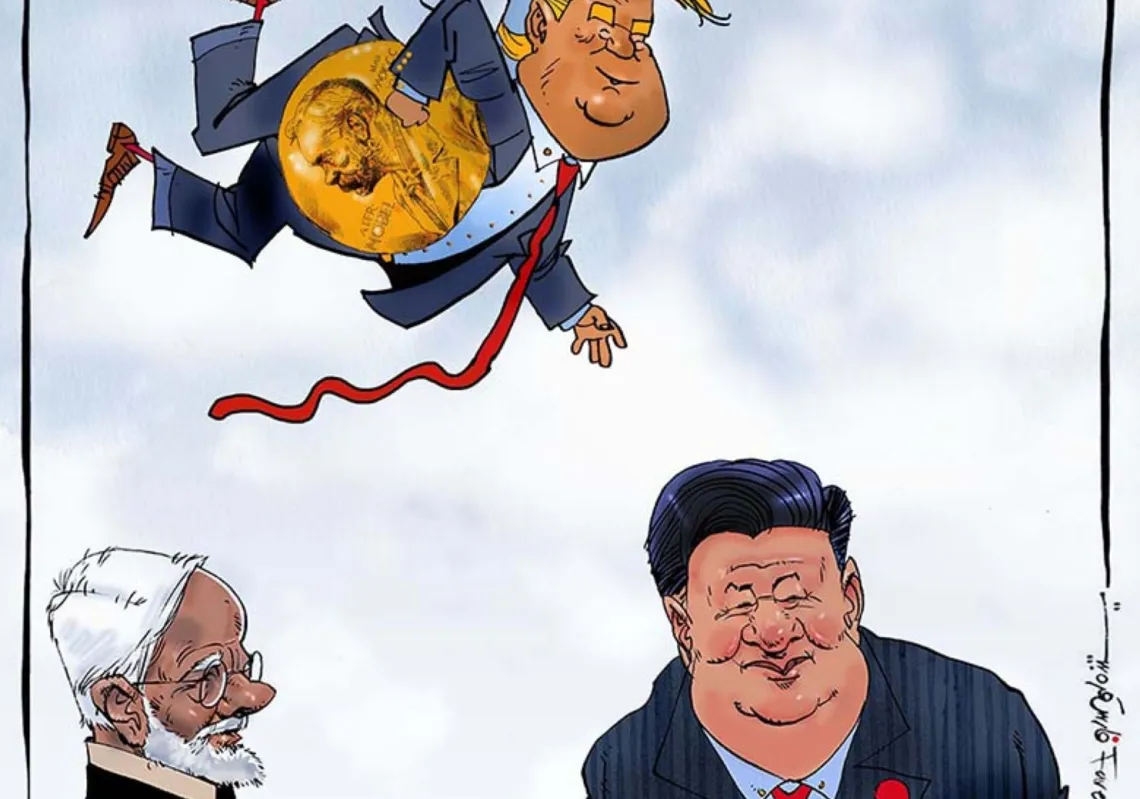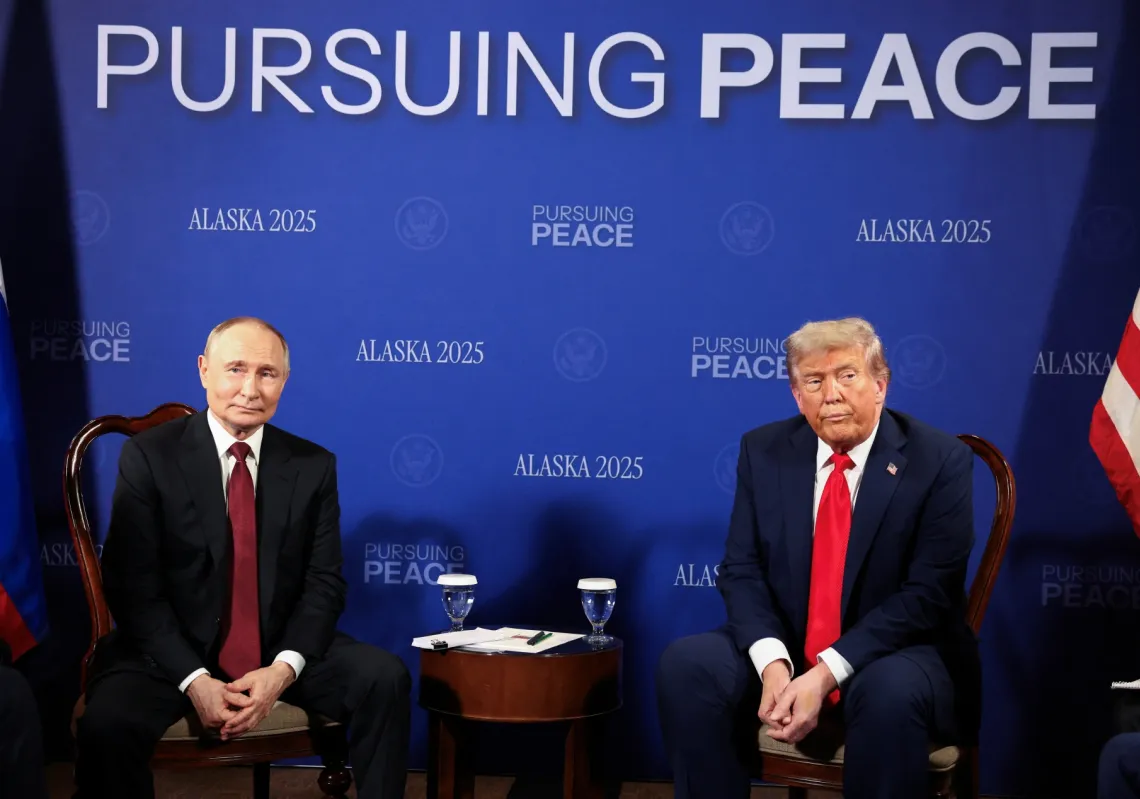With the sun setting on a week in China that drew world leaders to Beijing, analysts are pondering the significance of the occasion on several levels, not least economic and diplomatic. Was this the week that the world turned a page?
Almost half a century ago, the bipolar world of the Cold War (1945-1990) gave way to a unipolar world in which the United States was the dominant power. Yet the slow rise of China, the regrouping of Russia, and their growing alliance has led to recent talk of the US-led unipolarity giving way to a multipolar world in which Beijing can go toe-to-toe with Washington. From 31 August to 3 September, that was the intended message.
Convening for the Shanghai Cooperation Organisation summit in Tianjin, China’s President Xi Jinping and Russia’s President Vladimir Putin were joined by India’s Prime Minister Narendra Modi. It was a scene of bonhomie and brotherly hugs, as much a show of defiance to the West as anything else, just days after US President Donald Trump announced 50% tariffs on India because New Delhi has been buying Russian oil, thus funding Moscow’s war in Ukraine.
More than optics?
Following that was the 80th anniversary of World War II and China’s victory against Japan, celebrated with a full-scale military parade through Beijing. To some, this represented more than ceremonial diplomacy and military optics; it represented a changing global system, in which the organising principles of human rights, liberal democracy, and free markets give way to civilisational identities, developmental imperatives, and strategic autonomy.
China has patiently built strategic partnerships and economic interdependencies around the world, not least in mainland Asia and its ‘near abroad’. This has led to an increasing number of countries signing on to Beijing’s narratives, including over Taiwan. Was this week in China—with world leaders and ballistic missiles—the natural culmination? Was it the day that China finally announced that there was a new sheriff in town?
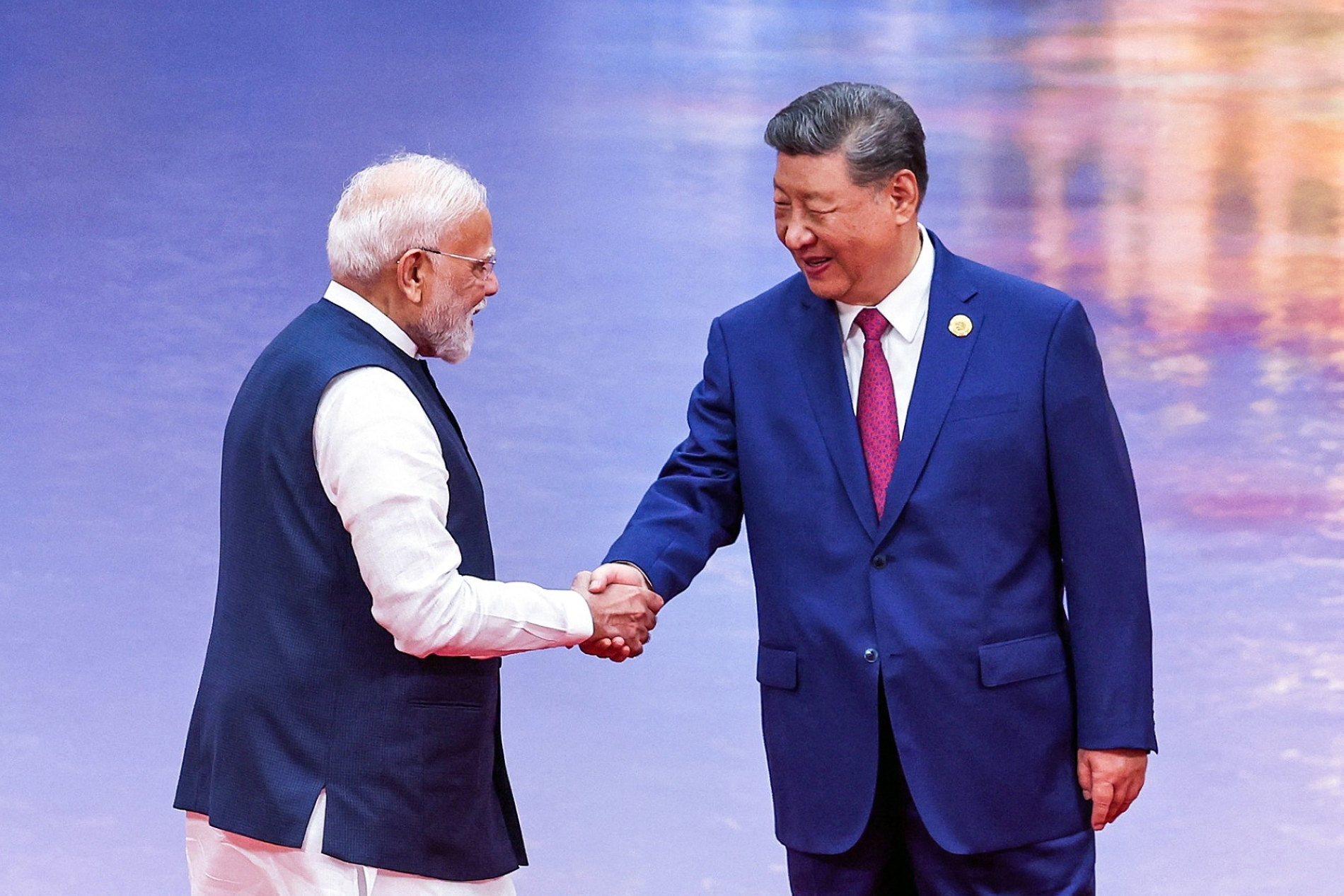
One of the most consequential developments of recent days was the apparent rapprochement between China and India, two civilisational powers and leading economies representing 2.8 billion people.
Beijing and New Delhi have not always seen eye-to-eye, with border disputes leading to fatal military clashes in recent years, so Modi’s first visit to China in seven years was therefore significant not just for their bilateral relations but for American strategy in Eurasia.
Have Trump's tariffs driven India into Chinese arms? It looks that way. Photos of Xi, Modi, and Putin chatting and laughing during the SCO summit spoke volumes. While the Atlantic powers wrestle over the fate of Ukraine, here was a demonstration of geopolitical gravity. The China-Russia-India trio represent more than 20% of the world's landmass, three times more than the United States. Yet in terms of gross domestic product (GDP), the US economy is still much bigger than all three put together, as is its annual military spending.
India will be mindful of this. For 20 years, US policy has assumed that India's democratic values and China's territorial ambitions would create natural frictions, as evidenced by the occasional military flare-up. Yet the emergence of shared Indian and Chinese interests would appear to blur the picture. Modi's moves are less about ideology than about preserving strategic autonomy in an increasingly polarised world.


